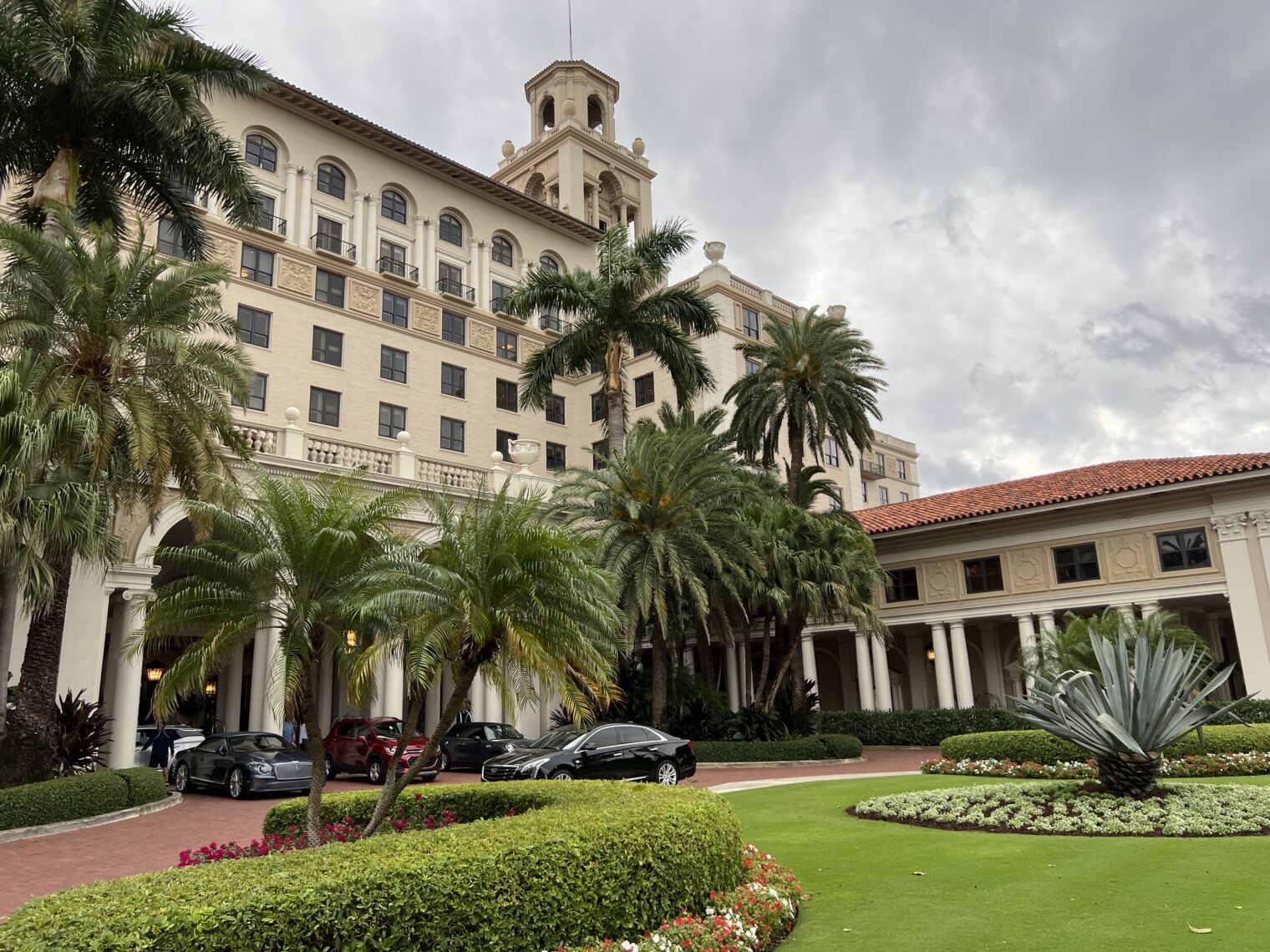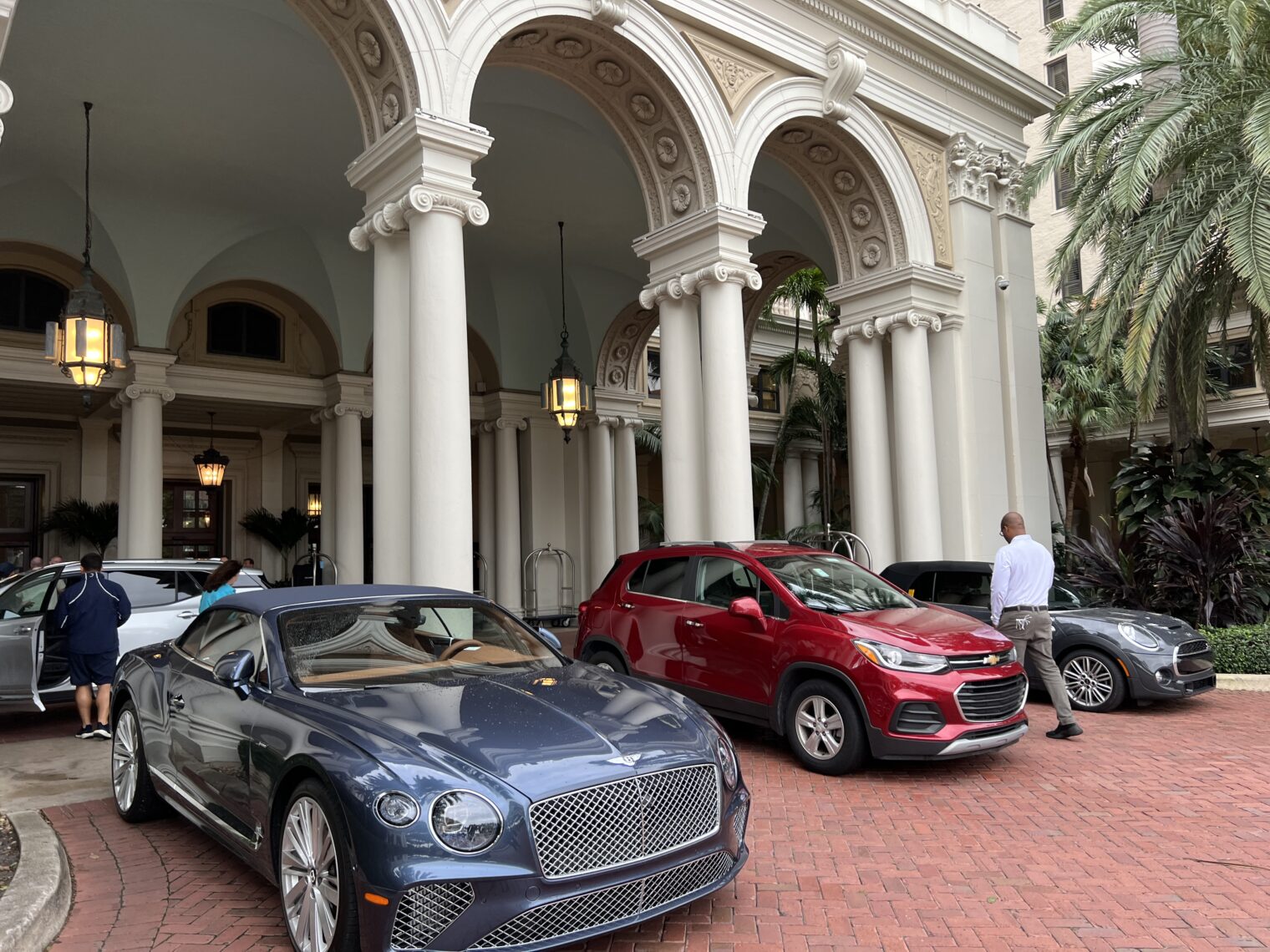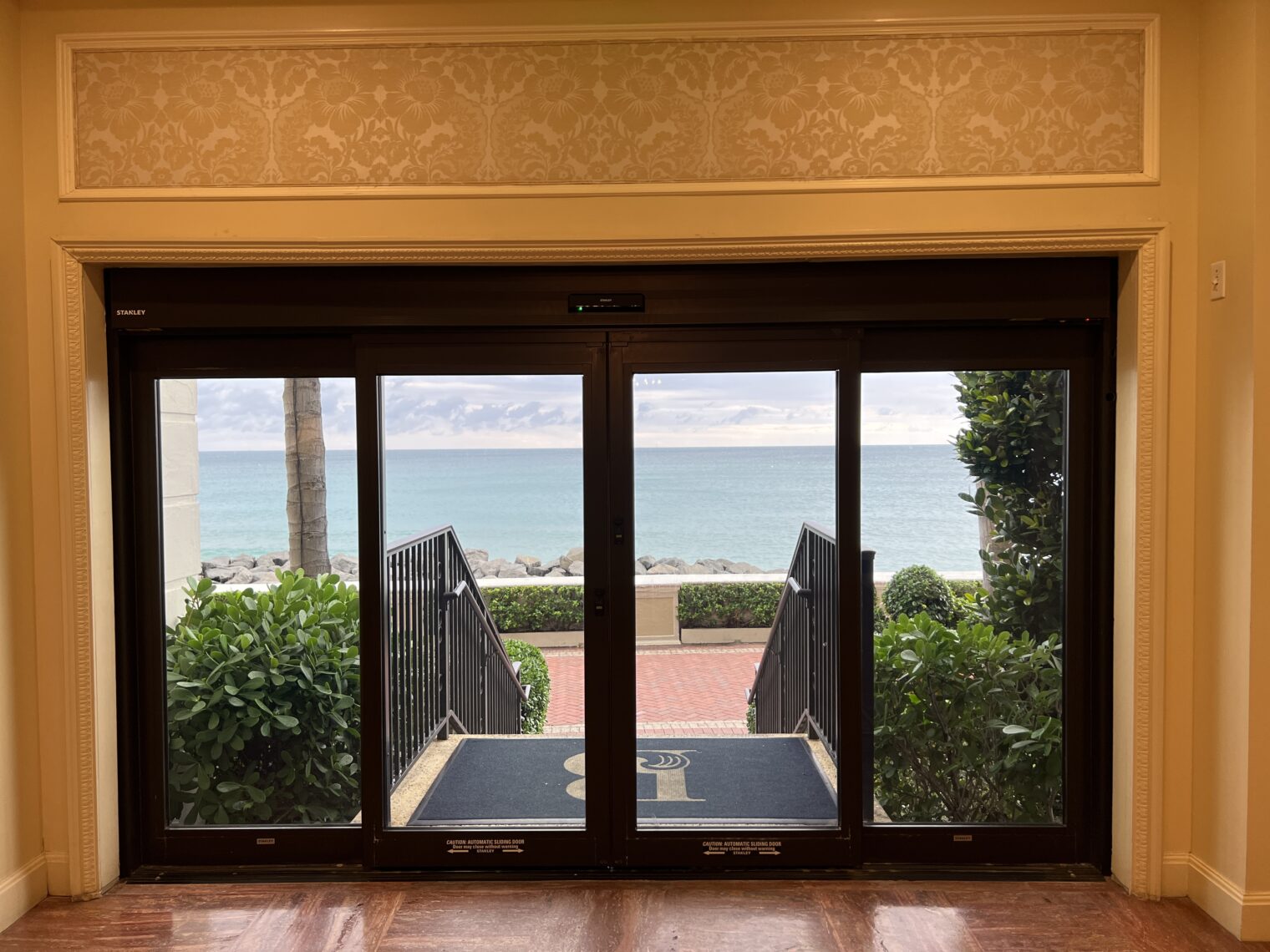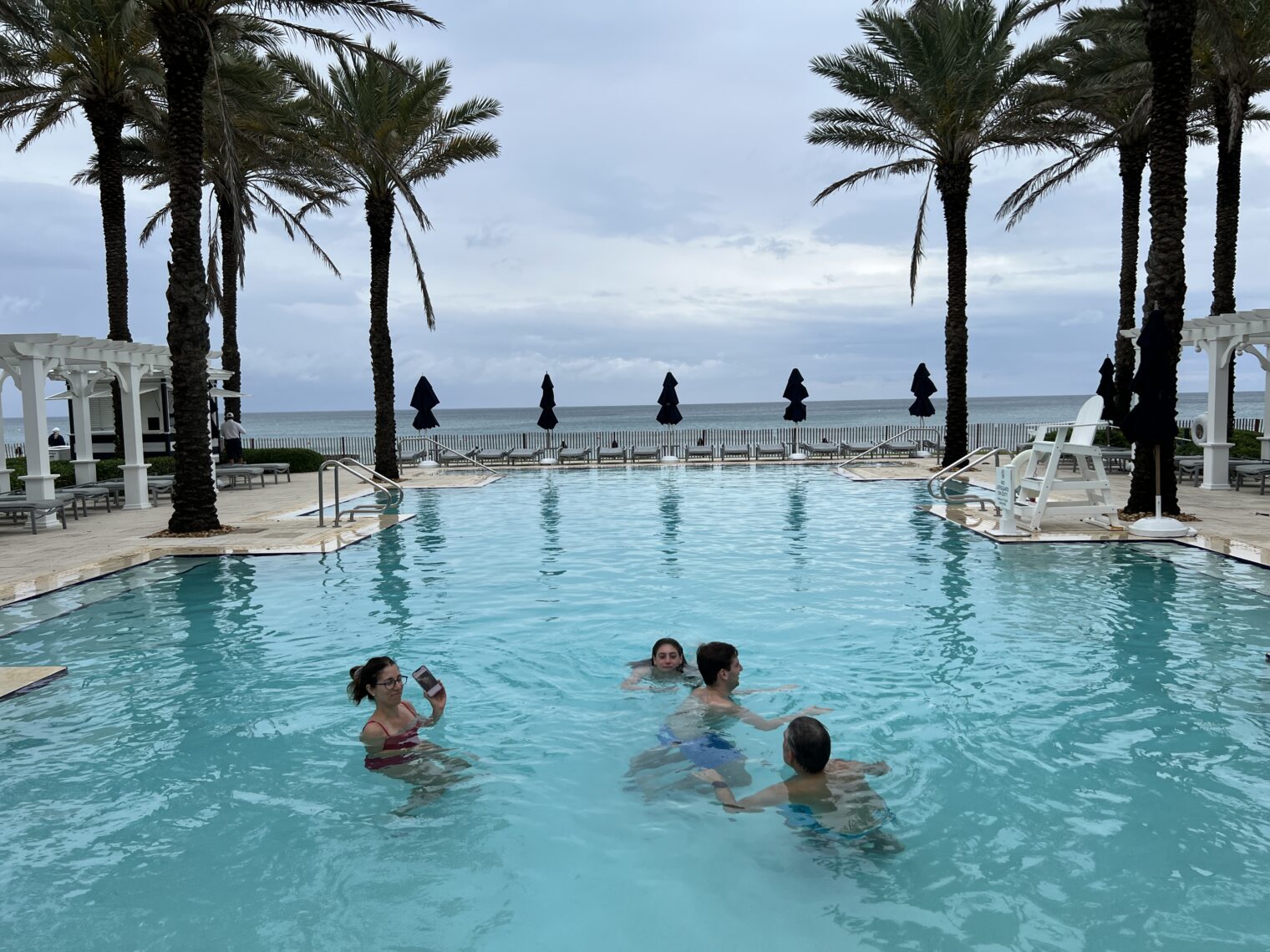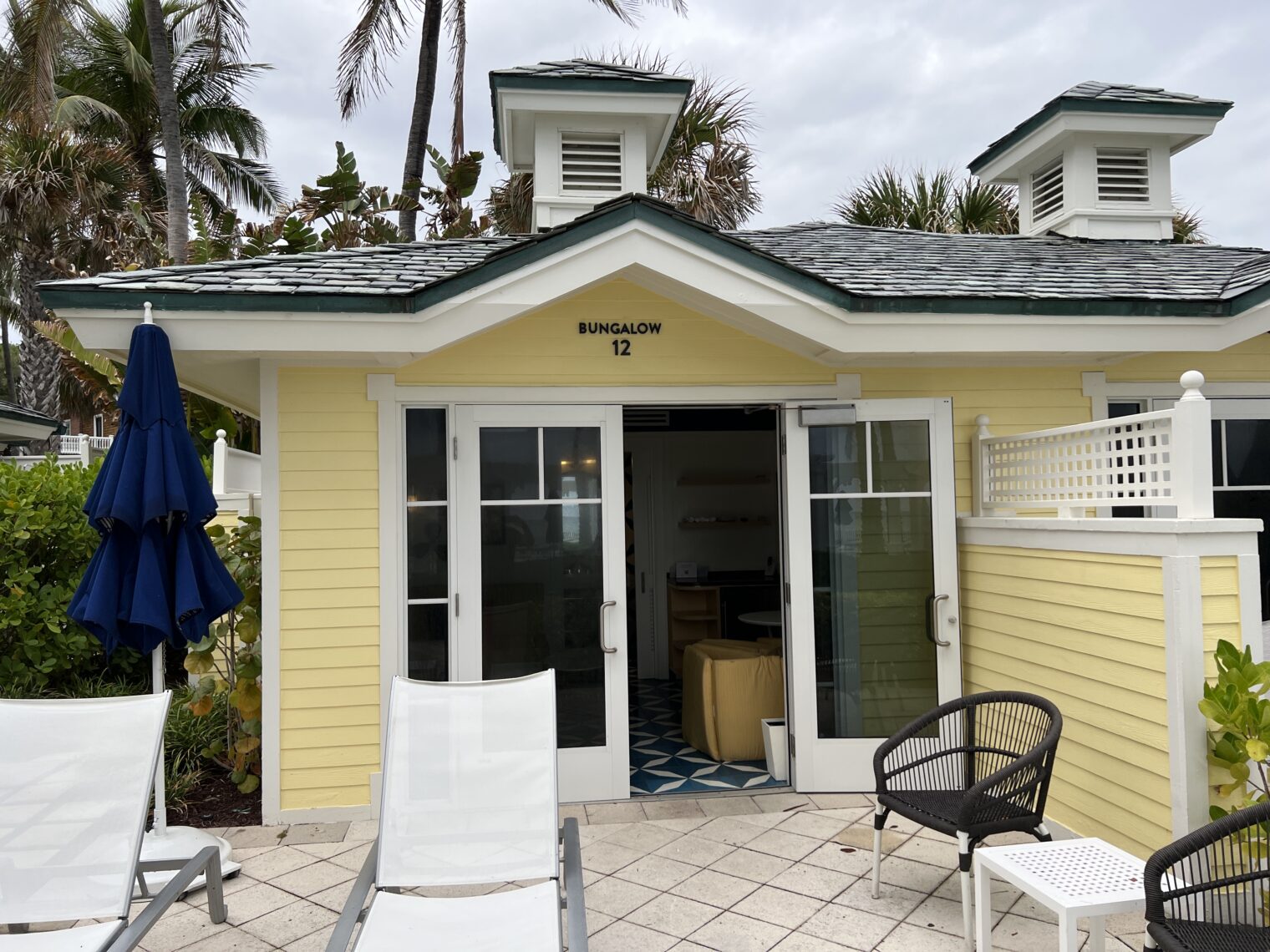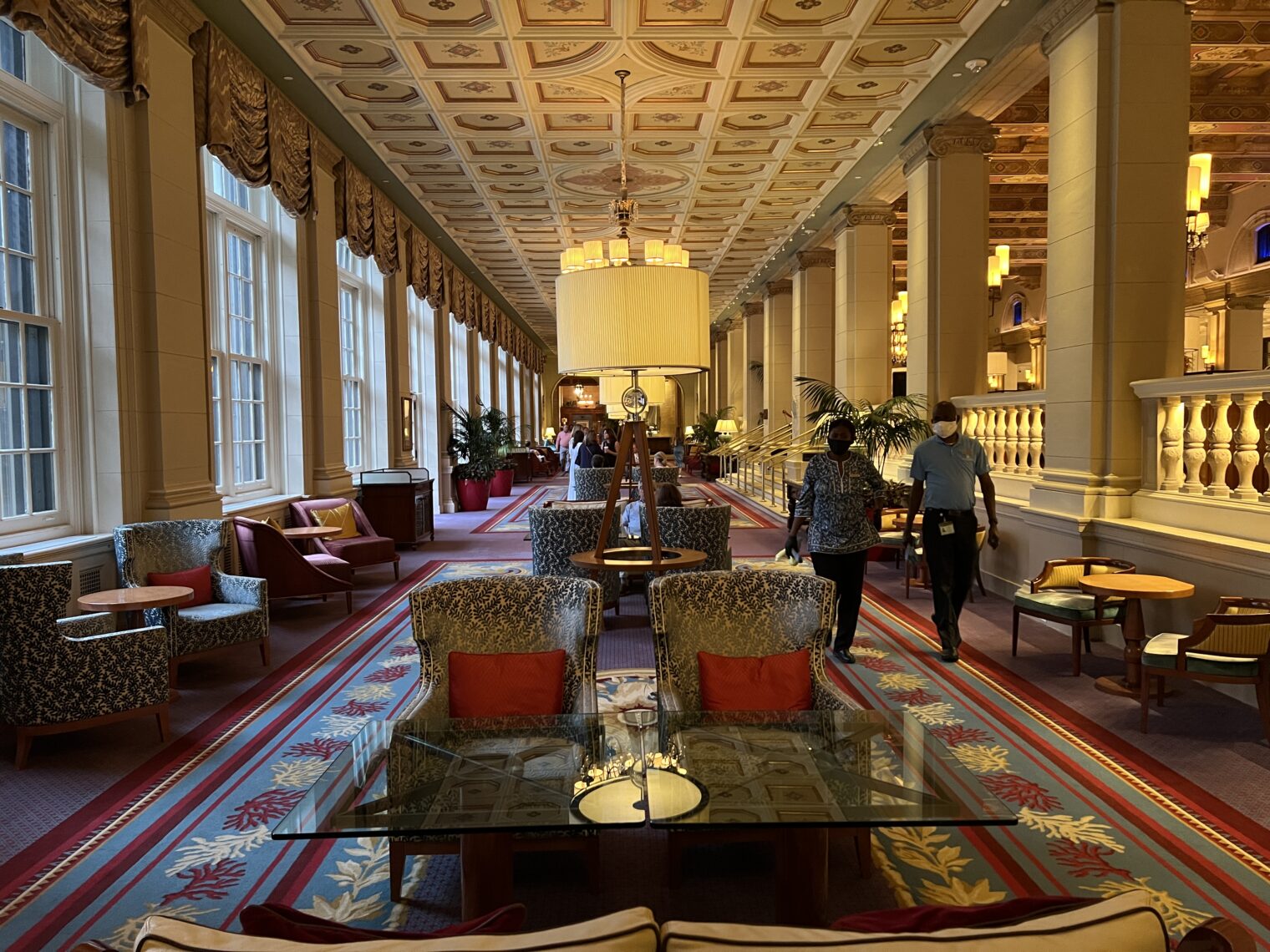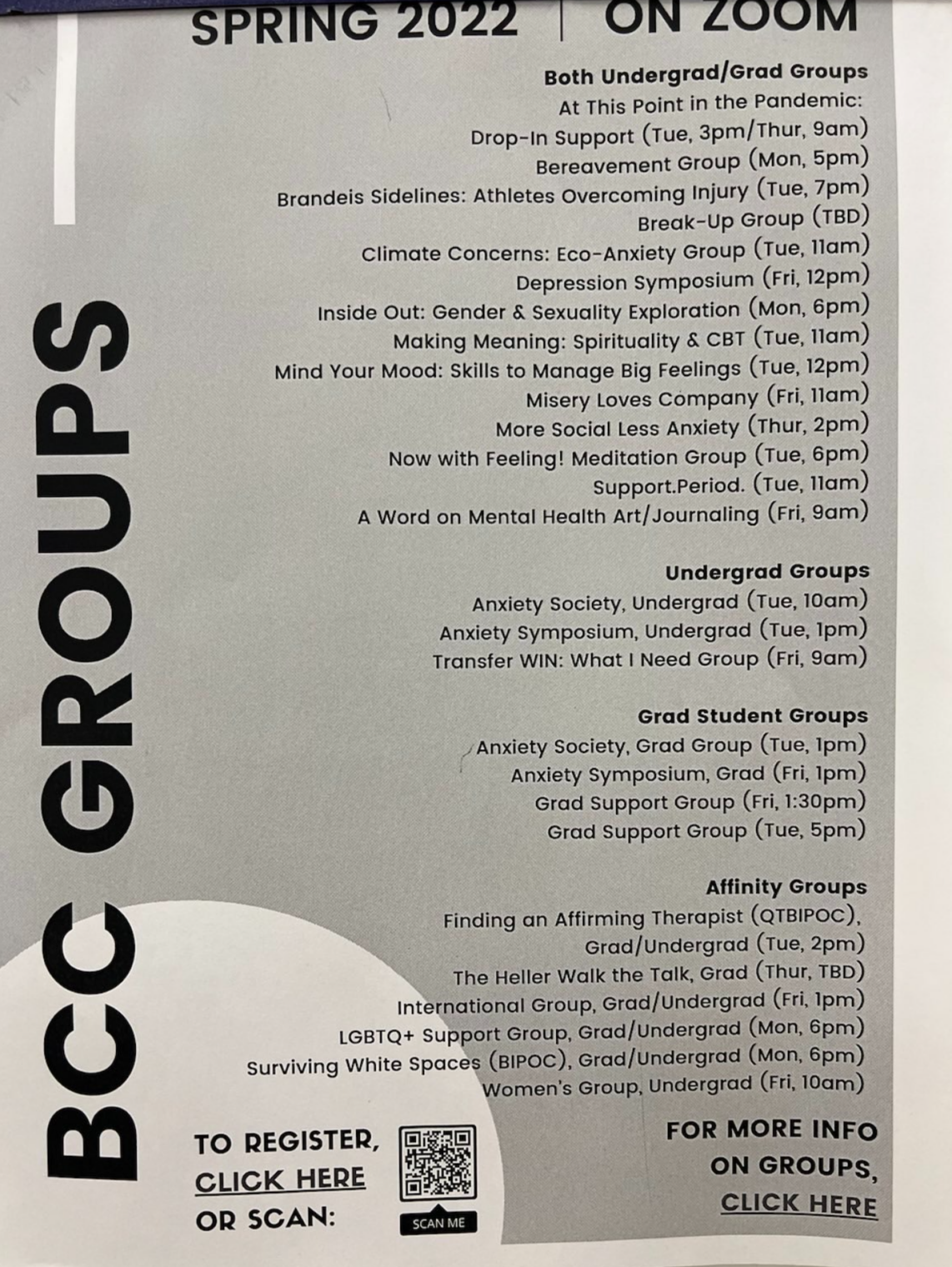If you’d like to help Ukrainian refugees, I have two options
If anyone expresses support for low-skill migration into the U.S., one of my standard tropes is to offer to pay for a year of food for any migrants that the gracious welcomer wants to shelter in his/her/zir/their own home. After 20 years of making these offers, I have not had to spend one penny. Here’s the typical exchange:
- friend posts hatred regarding the Texas governor busing migrants to neighborhoods in D.C. where every lawn has a “migrants welcome” sign (and the Florida governor piling on with “I hope these welfare-dependent migrants don’t show up in Orlando wanting taxpayer-funded gender ID education at Disney World)
- I respond with “If you’d like to house any asylum-seekers or migrants in your own home I will be happy to pay for a year of Costco food for them. Just let me know how many you’re planning on welcoming!”
- friend responds to the above with “not the point”
It seems that my bluff has been called, however, by an Irish helicopter enthusiast friend. He and his wife have welcomed a Ukrainian and her 15-year-old son into their suburban Dublin house (to occupy a couple of bedrooms that have been vacated by adult children). From WhatsApp: “They arrived last night with a cabin size bag and 2 shoulder bags.” Although he didn’t ask for any help, I decided to send 500 euro for a gift card at the local shopping mall (impossible to buy online with a U.S. credit card, so I did a bank transfer with his IBAN number and he will buy it; I trust him not to spend the money on essential-in-Maskachusetts-and-California marijuana because weed is illegal in Ireland). The mom will have a “PPS number” by next week and, therefore, will be allowed to work in Ireland.
One of our loyal readers (I won’t share his name until I get his permission) is married to a Ukrainian and is sheltering up to 7 of his wife’s relatives in his suburban Paris home. They’ve gotten health coverage from the French government, but, as in the U.S., housing is a human right to which a 10-year waiting list is attached. We could get together and try to cover some of his hypermarché bills. I met this reader in person when I was in Paris with my mom so I can vouch for him. And I’ve seen the pictures of the crowded kitchen table.
Why send money direct to individuals in this manner? Donating to a non-profit org has the advantage that it might be tax-deductible, but Elvis Presley wouldn’t deduct any of his donations because he said that it “took away from the spirit of the gift.” Also, I don’t want to help a non-profit executive boost his/her/zir/their salary from $1 million per year to $2 million per year, even if that only keeps pace with housing inflation.
Finally, let me add that the Ukrainian friend whom I talk to most regularly is ambivalent about aid to refugees. He prefers to assist those who’ve chosen to stay in Ukraine (his own father has refused to bug out despite a quiet suburban American existence being within relatively easy reach (dad is over 60 and therefore free to leave Ukraine at any time)).
On the third hand, I feel sympathy for anyone who has to live under Irish weather conditions…
(above: part of Newgrange, where no refugees will be housed, from a May/June 2019 trip in which it rained for an entire week)
Comment here and/or email me (philg@mit.edu) if you want to be connected.
Full post, including comments
